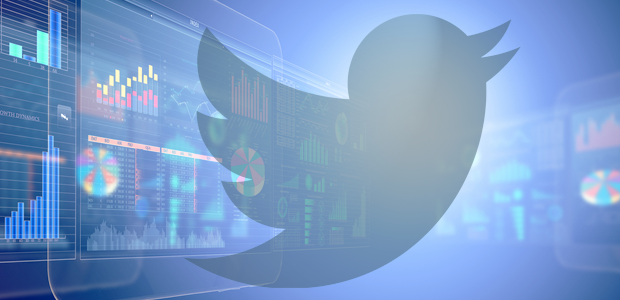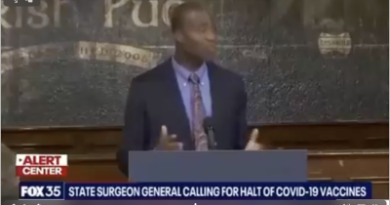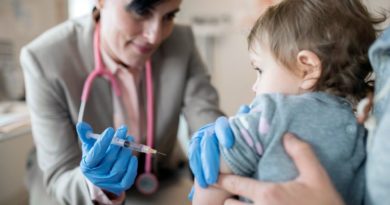Tweet analysis uncovers how COVID conspiracy theories evolved

Tweet analysis uncovers how COVID conspiracy theories evolved
Building a machine learning model to filter analyze 120 million tweets showed researchers at Los Alamos National Laboratory how COVID-19 conspiracy theories evolved over time. The tool could someday help public health officials combat misinformation online, lab representatives said.
“We wanted to create a more cohesive understanding of how misinformation changes as it spreads,” said Courtney Shelley, a postdoctoral researcher in the Information Systems and Modeling Group at the lab. “Because people tend to believe the first message they encounter, public health officials could someday monitor which conspiracy theories are gaining traction on social media and craft factual public information campaigns to preempt widespread acceptance of falsehoods.”
The study used publicly available, anonymized Twitter data to characterize the context of four COVID-19 conspiracy theories that were popular in first five months of the pandemic:
- 5G cell towers spread the virus.
- The Bill and Melinda Gates Foundation engineered or was somehow involved with COVID-19.
- The virus was bioengineered or developed in a laboratory
- COVID-19 vaccines, which were then all still in development, would be dangerous.
From the initial 120 million tweets, the researchers narrowed the dataset to “approximately “1.8 million tweets that contained COVID-19 keywords or were from health-related Twitter accounts,” said Dax Gerts, the study’s co-author. The researchers used pattern filtering to identify subsets of tweets that matched the four selected conspiracy theories. They then hand labeled several hundred tweets for each theme to build training sets for machine-learning models that categorized tweets as COVID-19 misinformation or not.
“This allowed us to observe the way individuals talk about these conspiracy theories on social media, and observe changes over time,” Gerts said.
The researchers found that misinformation tweets contain more negative sentiment when compared to factual tweets and that as conspiracy theories evolve, they pick up details from unrelated conspiracies as well as real-world events.
For example, immediately after Bill Gates participated in a March 20 Reddit “Ask Me Anything” session in which he discussed his foundation’s research to develop injectable invisible ink for recording vaccinations, the Gates-based conspiracy theory changed. After the session, anti-vax tweets included more words suggesting the COVID-19 vaccine would secretly microchip individuals for population control.
Without understanding how conspiracy theories are evolving public health officials “run the risk of inadvertently publicizing conspiracy theories that might otherwise ‘die on the vine.’” Shelley said. Initial messaging from public health officials, or anyone attempting to counter the spread of conspiracy theories through social media, “should aim to preempt generalized misinformation before it becomes widespread,” the researchers wrote in their paper. “Later messaging will need to target evolving conspiracy theories and the new facets of each as they become incorporated.
The study, “Thought I’d Share First” and Other Conspiracy Theory Tweets from the COVID-19 Infodemic: Exploratory Study, was recently published in the Journal of Medical Internet Research.
About the Author
Susan Miller is executive editor at GCN.
Over a career spent in tech media, Miller has worked in editorial, print production and online, starting on the copy desk at IDG’s ComputerWorld, moving to print production for Federal Computer Week and later helping launch websites and email newsletter delivery for FCW. After a turn at Virginia’s Center for Innovative Technology, where she worked to promote technology-based economic development, she rejoined what was to become 1105 Media in 2004, eventually managing content and production for all the company’s government-focused websites. Miller shifted back to editorial in 2012, when she began working with GCN.
Miller has a BA and MA from West Chester University and did Ph.D. work in English at the University of Delaware.
Connect with Susan at [email protected] or @sjaymiller.
*** This article has been archived for your research. The original version from GCN.com can be found here ***


